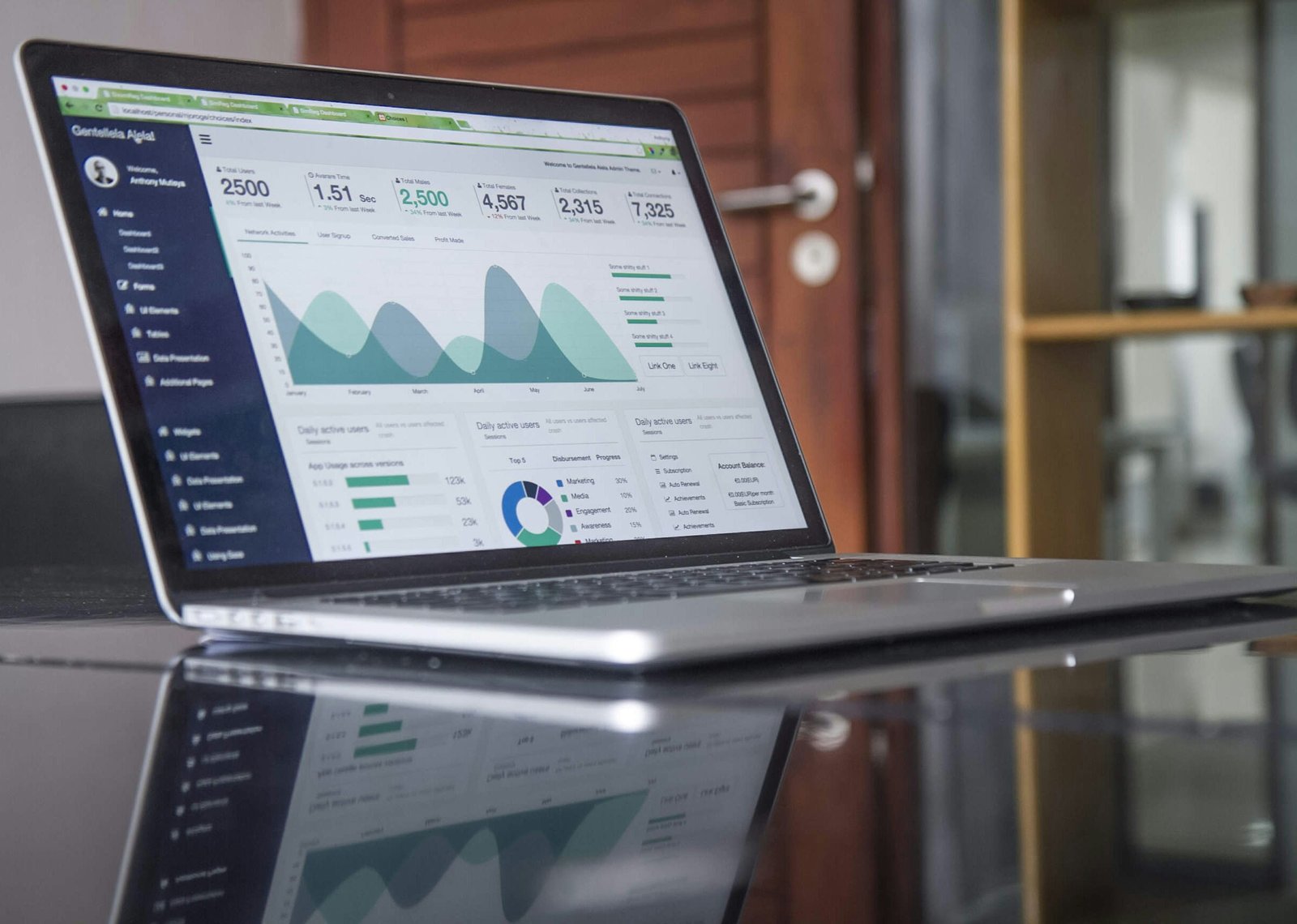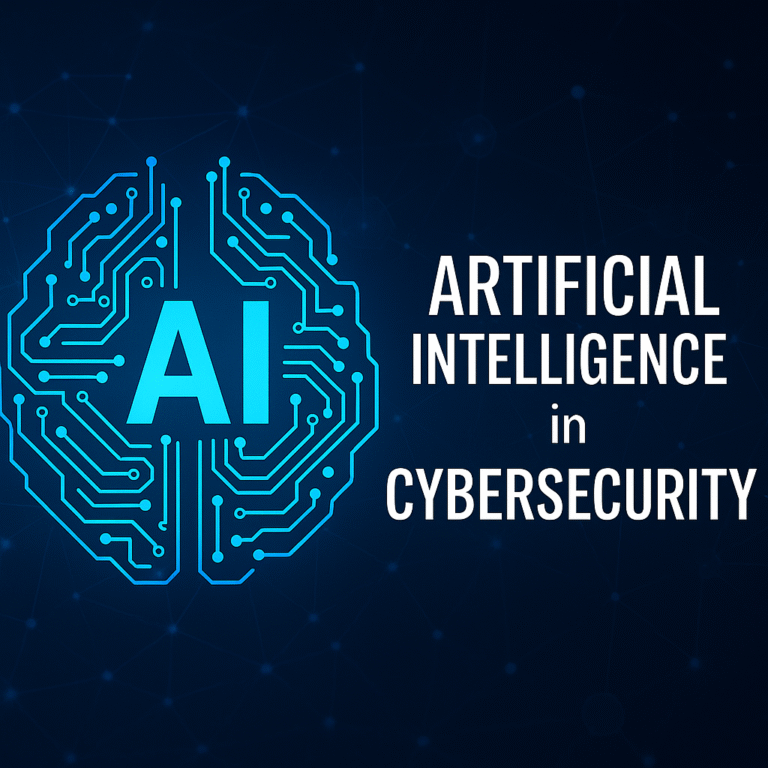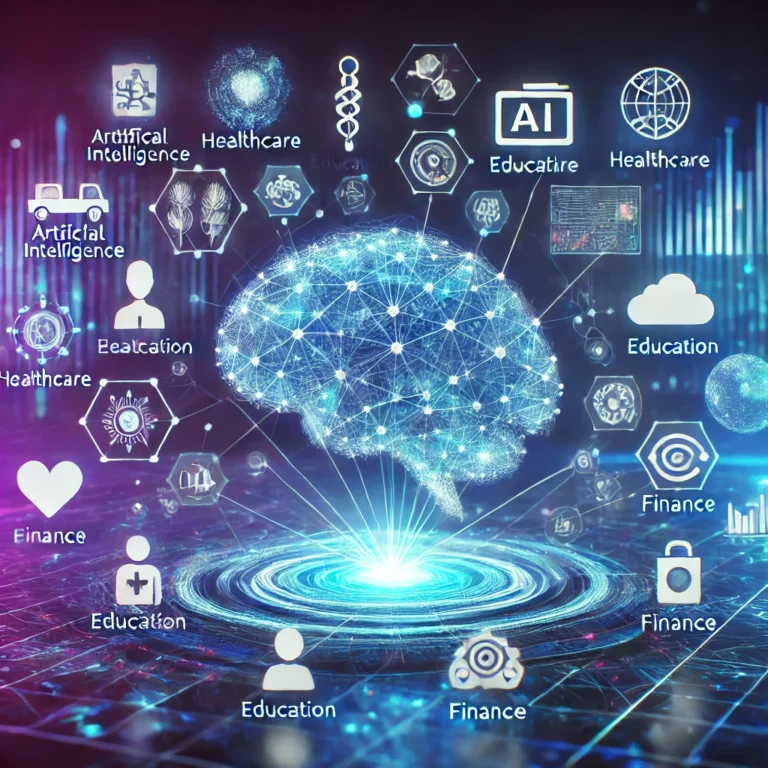Top 10 Technology News of the Week: Innovations, Breakthroughs, and Trends
Introduction
Top 10 Technology News of the Week, The realm of technology is experiencing unprecedented evolution, with advancements occurring at an incredible pace. In today’s fast-moving landscape, it is essential for individuals and organizations alike to remain informed about the latest developments that could impact various aspects of life, from business operations to educational methodologies and personal connections. Every week introduces a multitude of innovations and breakthroughs that can turn into game-changers, affecting how we interact with the world and each other.
Staying abreast of technology news is not merely a matter of curiosity; it is a necessity. For businesses, understanding emerging trends can significantly influence strategic planning and operational efficiency. In educational settings, the adoption of new technologies can transform teaching methods and learning experiences, offering greater access to resources and enhancing student engagement. Personal lives, too, are increasingly intertwined with technological advancements, shaping how we communicate, shop, and entertain ourselves.
This article aims to provide a concise summary of the most significant technology news from the past week, offering readers a reliable reference point to keep their fingers on the pulse of technological advancements. By condensing critical information into an accessible format, we hope to equip our audience with valuable insights that can inform their decisions and discussions. As we delve into this compilation of developments, it is imperative to recognize that each breakthrough not only represents innovation but also carries the potential to redefine industries and transform everyday experiences. Keeping informed allows individuals to navigate the ever-changing landscape of technology with greater awareness and adaptability.
Major Innovations Unveiled This Week
This week has been marked by several significant technological innovations that have the potential to reshape industries and enhance societal functions. One of the standout developments is a new artificial intelligence (AI) model introduced by TechVision Labs. This model, known as VisionAI, utilizes advanced machine learning techniques to improve image recognition systems significantly. By incorporating a deeper neural network architecture, VisionAI is capable of processing visual data with remarkable accuracy and speed. Its applications range from healthcare, where it can assist in diagnosing diseases through imaging, to security systems that rely on precise facial recognition. The company has highlighted its commitment to ethical AI usage, ensuring that privacy concerns are addressed through its deployment mechanisms.
Another noteworthy innovation comes from GreenTech Innovations, which has announced a revolutionary solar panel design. This new panel boasts an efficiency rate of over 30%, considerably higher than current market leaders. The technology, which integrates bifacial solar cells and transparent materials, allows for energy capture from both direct sunlight and reflected light, thereby maximizing energy output. This advancement not only represents a significant leap forward in renewable energy technology, but it also has implications for residential and commercial energy consumption, promoting greener energy solutions across various sectors.
Lastly, in the realm of consumer technology, SmartHome Solutions has introduced an intelligent home automation system that leverages the Internet of Things (IoT). This system autonomously manages household devices, optimizing energy use based on user habits and preferences. With advanced algorithms, the system learns from user interactions, allowing for a highly personalized experience. The implications of this innovation reach far beyond convenience, as it also supports sustainability initiatives by reducing overall energy consumption in homes. These installations could potentially lead to lower utility bills and a significant decrease in carbon footprints for users.
Groundbreaking Breakthroughs in Research
In the rapidly evolving field of technology, research breakthroughs play a pivotal role in shaping the future landscape. Recently, several key developments have emerged from academic institutions and research laboratories, reflecting the potential for transformative technologies. One notable achievement is the advancement in quantum computing, where researchers have successfully demonstrated a method to reduce error rates in quantum bits, or qubits. This discovery is crucial as it paves the way for more stable and reliable quantum systems, which are expected to revolutionize computing power and efficiency.
Another significant breakthrough was reported in the field of artificial intelligence. A collaborative study from several universities unveiled a new algorithm capable of learning from limited data sets. This development is particularly impactful as it addresses one of the major limitations of traditional machine learning models, which often require vast amounts of data to perform effectively. By enhancing the learning capabilities of AI systems, this advancement could lead to more efficient decision-making tools, applicable in various sectors including healthcare, finance, and autonomous technologies.
Additionally, researchers in renewable energy have made strides in solar technology. A recent study highlighted the development of a novel solar cell design that significantly increases energy conversion efficiency while reducing production costs. This achievement not only holds promise for making solar energy more accessible but also contributes to the global efforts toward sustainability and reducing carbon emissions.
These groundbreaking breakthroughs exemplify the dynamic interplay between research and technological innovation. With ongoing investments in academic and industrial research, these advancements symbolize hope for overcoming existing challenges and fostering new opportunities in diverse fields. As we continue to explore the impact of these findings, it becomes increasingly clear that they are setting the stage for significant technological developments in the years ahead.
Trends in the Tech Industry
The technology industry is continually evolving, with several key trends emerging that are capturing attention across various sectors. One of the most notable movements is the increasing focus on sustainable technology. As climate change becomes an ever-pressing concern, businesses are recognizing the need to adopt greener practices. According to a recent report by the International Energy Agency, investments in renewable energy technologies surged by 45% in 2021 compared to the previous year. This shift toward sustainability not only aids in reducing carbon footprints but also aligns with consumer preferences for environmentally friendly products.
Another significant trend is the rise of artificial intelligence (AI) and machine learning applications. These technologies are becoming integral to various industries, facilitating automation, enhancing customer experiences, and streamlining operations. A recent survey by Gartner revealed that over 75% of organizations are incorporating AI in some capacity, highlighting its role in driving efficiency and innovation. With advancements in natural language processing, AI’s ability to understand and respond to human language has transformed sectors such as customer service, healthcare, and finance.
Additionally, cybersecurity is receiving heightened attention due to the increasing frequency and sophistication of cyberattacks. The shift to remote and hybrid work models has exposed vulnerabilities in many organizations’ security frameworks. Industry leaders, such as those from Cybersecurity Ventures, predict that cybercrime costs are expected to reach $10.5 trillion annually by 2025. This alarming projection emphasizes the necessity for businesses to invest in robust cybersecurity measures. Furthermore, a proactive approach that includes regular training and awareness programs for employees is being recommended to combat the evolving threat landscape.
In conclusion, the trends shaping the technology sector—such as the drive for sustainability, advancements in AI, and the imperative for enhanced cybersecurity—are pivotal in determining the future landscape of the industry. These trends not only influence organizational strategies but also have a profound impact on how consumers interact with technology.
Impact of Recent Developments on Businesses
The rapid advancement of technology continues to redefine business operations across various sectors. Recent developments, highlighted in this week’s technology news, reveal transformative innovations that can lead to improved efficiencies, altered business models, and newfound opportunities for startups. For instance, the recent breakthroughs in artificial intelligence (AI) are equipping companies with tools that enhance customer interactions through personalized service and predictive analytics. Businesses that adopt these technologies stand to gain a competitive edge and boost their bottom line by tailoring offerings to meet consumer needs effectively.
Moreover, the rise of remote work technologies, spurred by the continued aftereffects of the pandemic, has ushered in a new era for businesses, particularly those in the tech and service industries. Tools that facilitate seamless communication and collaboration over long distances are becoming indispensable. As organizations adapt to these changes, they have an opportunity to reevaluate and optimize their operational structures, potentially reducing overhead costs associated with traditional office spaces. Startups, in particular, can leverage these tools to foster a more agile work culture, allowing them to respond quicker to market demands.
However, these advancements are not without challenges. Traditional industries, especially those reliant on manual processes, face potential disruptions as technology streamlines operations and reduces the demand for human labor. Case studies illustrate this shift in sectors such as manufacturing and logistics, where automation has already begun to replace traditional roles, prompting a necessary focus on workforce reskilling and upskilling as companies adjust. The ability of businesses to adapt and integrate these innovations will ultimately determine their resilience in this fast-evolving technological landscape.
Consumer Gadgets and Products Launches
This week has witnessed a multitude of exciting consumer technology launches that showcase innovation and cater to the evolving needs of consumers. One of the standout releases is the latest smartphone from a leading tech giant, which boasts a cutting-edge camera system and an AI-driven processor designed to enhance user experience. Priced competitively in the premium segment, this device aims to attract users who seek high performance combined with advanced photographic capabilities.
In addition to smartphones, wearable technology continues to gain traction. A new smartwatch was unveiled, featuring health monitoring tools such as blood oxygen level detection and sleep analysis. The device’s design is sleek and customizable, appealing to both fitness enthusiasts and fashion-conscious consumers alike. With an attractive price point and robust functionality, early reviews indicate a positive reception from users who appreciate its longevity and connectivity options.
Software updates are also making waves this week. A popular gaming console rolled out enhancements to its user interface, promising smoother navigation and faster loading times for players. The update has been well-received, with many users praising the improved functionality and expanded features available to enhance their gaming experience.
Entertainment products have also debuted on the market, most notably a streaming device that enhances home media consumption. This gadget supports 4K resolution and integrates seamlessly with various streaming platforms, making it a versatile choice for users looking to upgrade their home entertainment setups. Its affordability relative to competitors bolsters its appeal, supported by positive initial feedback from consumers eager for an upgrade.
As these consumer gadgets hit the shelves, the anticipation surrounding their capabilities and performance has generated substantial buzz. The ongoing trend towards embracing technology in everyday life is evident, as consumers remain keen on integrating new innovations that promote connectivity and enhance convenience in their daily activities.
Regulatory and Ethical Considerations
As the pace of technological innovation accelerates, regulatory and ethical considerations have become increasingly prominent in discussions surrounding new advancements. Recent developments in data privacy laws and cybersecurity regulations reflect an ongoing effort by governments and regulatory bodies to protect consumers and ensure that technology companies operate responsibly. For instance, the implementation of stricter data protection regulations, such as the General Data Protection Regulation (GDPR) in Europe, emphasizes the importance of informed consent and user rights in an era dominated by big data.
Moreover, discussions surrounding artificial intelligence (AI) and automation have raised significant ethical questions. As AI technologies become more integrated into daily operations across various sectors, there are growing concerns over transparency, accountability, and bias. The potential for AI systems to perpetuate existing biases in decision-making processes is a particularly pressing issue. Policymakers are urging technology companies to develop frameworks that prioritize ethical AI development, requiring the testing of algorithms for fairness and inclusivity before deployment.
Cybersecurity has also emerged as a focal point in regulatory discussions, especially in light of increasing cyber threats and data breaches that pose risks to both companies and consumers. Regulations are evolving to mandate that technology firms adopt rigorous cybersecurity measures, ensuring they are adequately defending against potential vulnerabilities. These regulations aim to not only protect sensitive data but also to foster consumer trust in digital platforms.
The implications of these regulatory and ethical considerations are profound. Technology companies must navigate a complex landscape of compliance to safeguard their interests and maintain consumer confidence, while consumers benefit from increased protections. As technology evolves, continuous dialogue over regulation and ethics is essential to promote a responsible technological environment.
Interviews with Industry Experts
In the ever-evolving landscape of technology, insights from industry leaders provide invaluable perspectives on recent breakthroughs and trends. This week, several experts shared their thoughts on emerging technologies and their implications for the future. For instance, Dr. Emily Chen, a prominent researcher in artificial intelligence, emphasized the growing importance of ethical considerations in AI development. She remarked, “As AI systems become more integrated into our daily lives, it is crucial that we prioritize ethical frameworks to ensure they enhance society rather than hinder it.” This statement highlights the ongoing discourse regarding ethical AI and reflects a wider trend within the tech community.
Another notable opinion came from Mark Thompson, a chief technology officer at a leading software firm, who discussed the impact of blockchain technology beyond cryptocurrencies. He stated, “Blockchain is not just about finance; its potential to increase transparency in various sectors, including healthcare and supply chain management, cannot be overlooked.” Thompson’s insights point to an emerging trend in blockchain applications, which are expected to redefine industries by providing more robust data integrity and security.
Additionally, Mary Johnson, a veteran in renewable energy technology, commented on the recent advances in solar power efficiency. She noted, “With new photovoltaic materials being developed, we are on the brink of achieving unprecedented efficiency levels, which could make solar energy a primary power source for many nations.” Johnson’s statements underscore a pivotal shift towards sustainable energy solutions, reflecting the growing recognition of environmental issues in the tech sector.
Such expert insights illustrate how the latest technology news is shaping the future, urging stakeholders to consider both the advancements and the broader implications. As we continue to witness rapid developments, the perspectives of thought leaders will be critical in navigating the challenges and opportunities ahead.
Conclusion and Future Outlook
In conclusion, this week’s roundup of technology news has highlighted some remarkable innovations, breakthroughs, and emerging trends that continue to shape our digital landscape. From advancements in artificial intelligence to new strides in renewable energy technology, it is evident that the pace of technological change is accelerating. These developments not only enhance the capabilities of industries but also contribute to improving everyday life for consumers across the globe.
As we look towards the future, several key areas warrant attention. Firstly, artificial intelligence is expected to evolve further, with integration into broader sectors such as healthcare, education, and transportation. The ongoing improvements in machine learning and natural language processing are likely to enable more intuitive AI applications, fostering greater collaboration between humans and machines.
Secondly, the tech world is witnessing an increased focus on sustainability and green technologies. Innovations aimed at reducing carbon footprints and enhancing energy efficiency will likely gain even more prominence in the coming months. This shift not only addresses the need for sustainable solutions but also encourages industries to adapt to regulatory pressures and consumer preferences for environmentally responsible products.
Furthermore, as the Internet of Things (IoT) continues to expand, our daily environments will become increasingly interconnected. This evolution will lead to new opportunities in smart cities, home automation, and industrial applications. Enhanced connectivity will facilitate data-driven insights, transforming how we interact with our surroundings.
Ultimately, the convergence of these advancements underscores the importance of staying informed about technology trends. Engaging with ongoing developments will empower consumers and businesses alike to make informed decisions, adapt to changes, and harness the benefits of innovation. As we transition into the next phase of technological evolution, it is crucial to embrace the possibilities that lie ahead.
Our Affiliate products Reviews TechwaveHQ
Technology best practices guide Tech News






